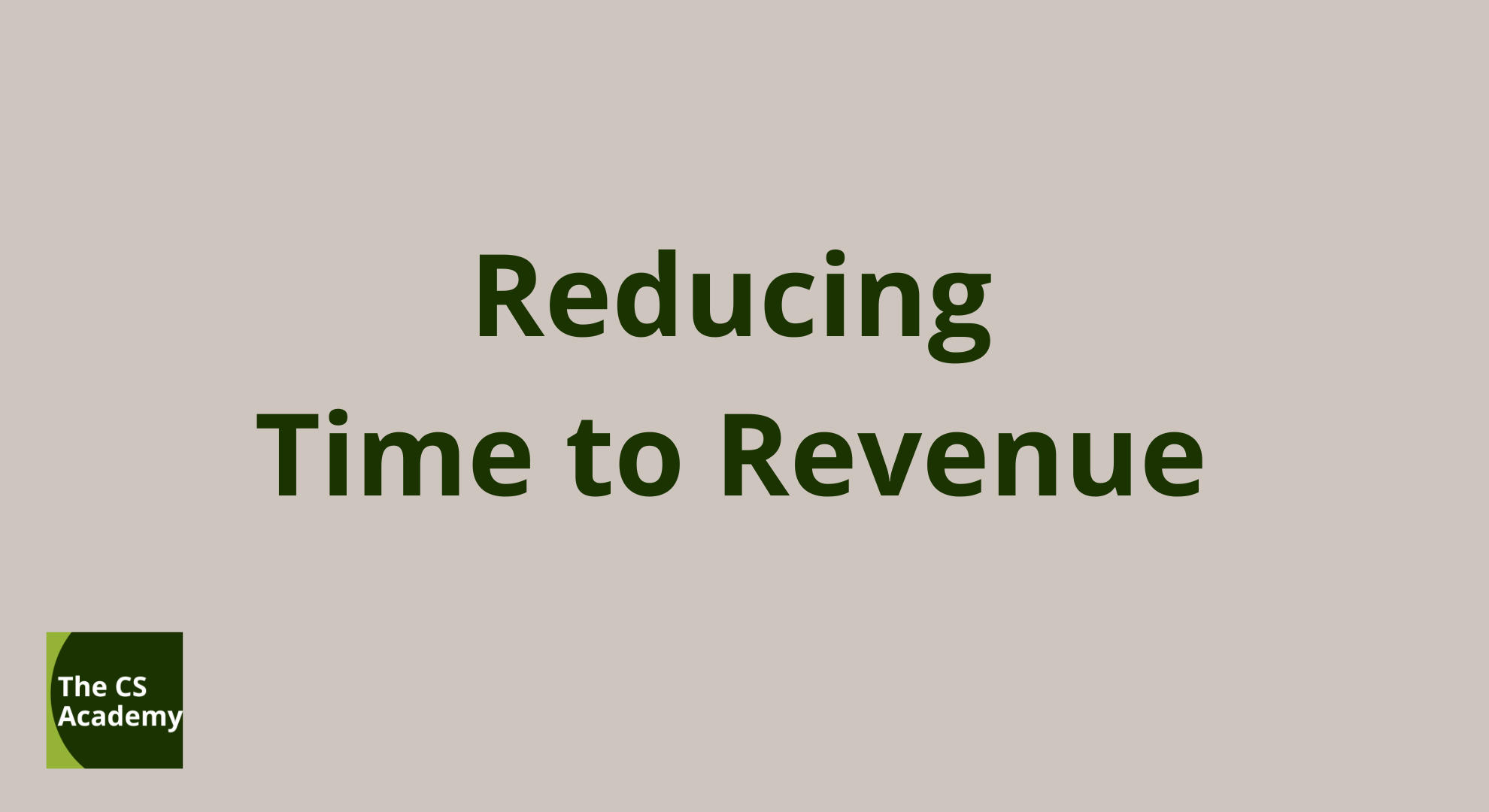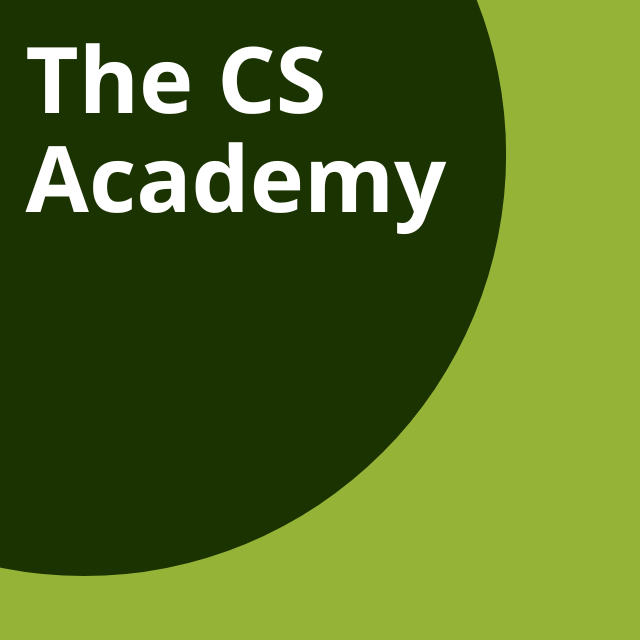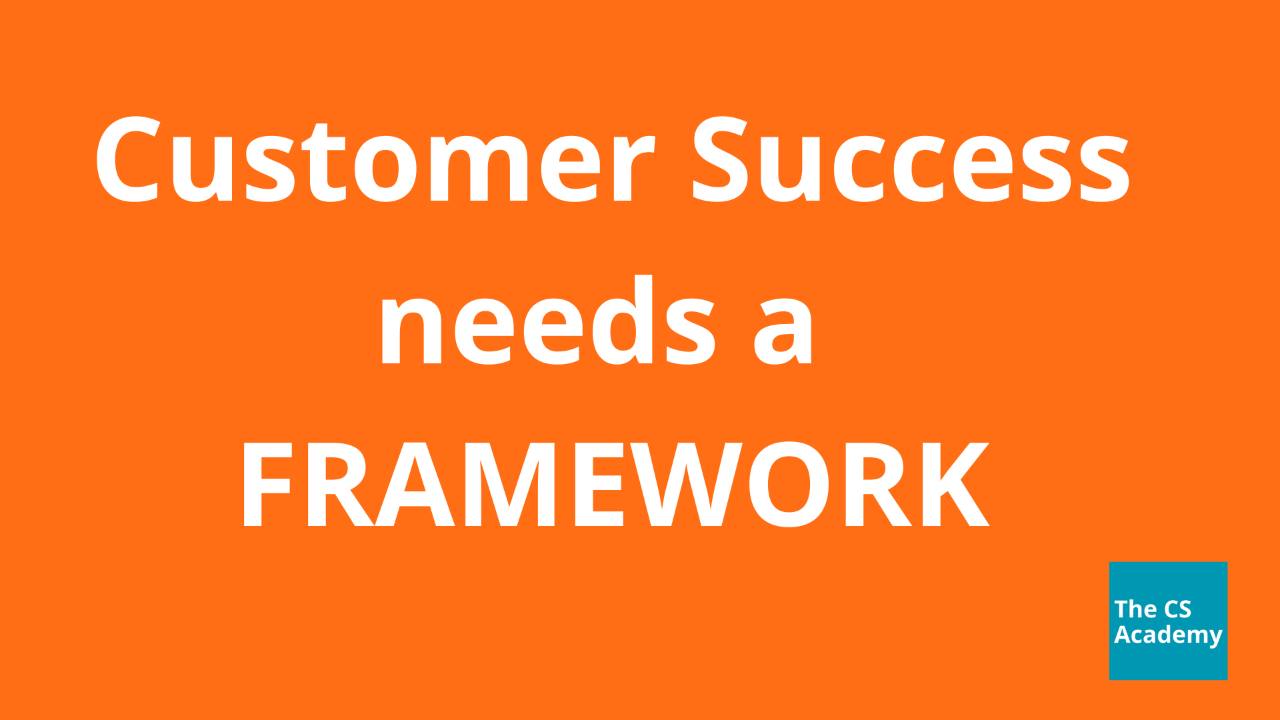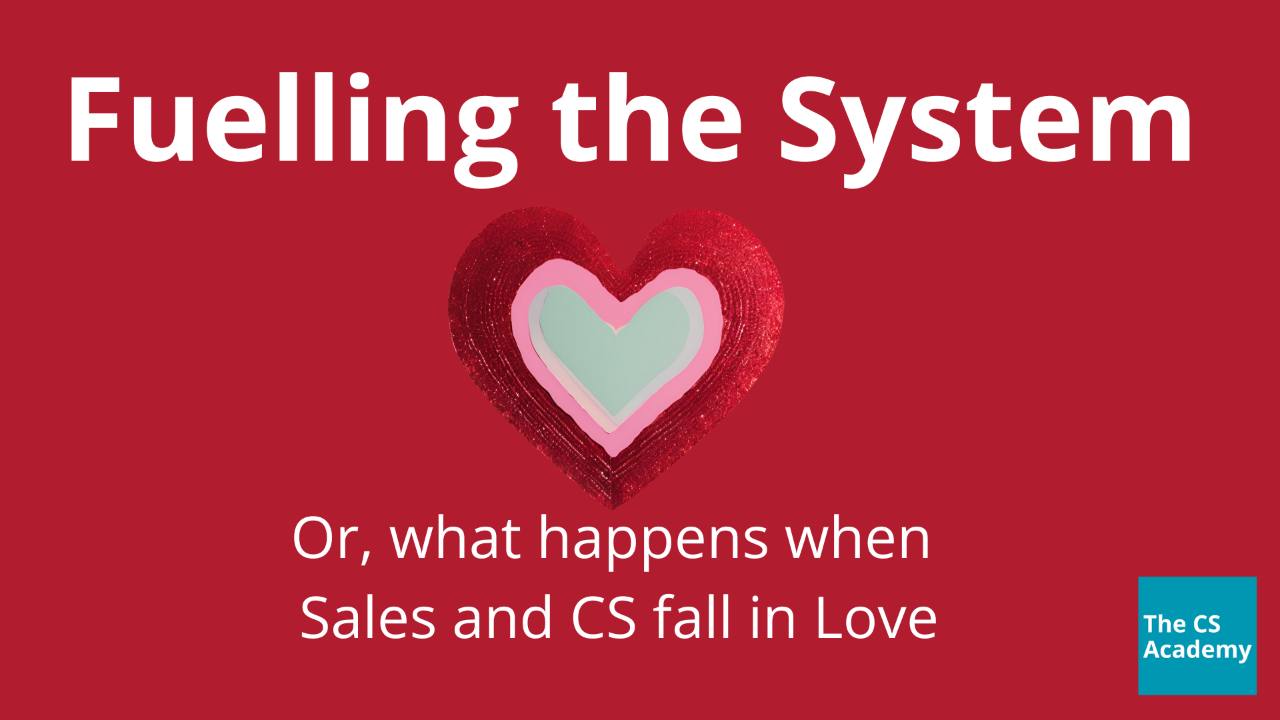Reducing Time to Revenue

Revenue teams face unprecedented pressure to scale effectively while maintaining high-quality service. Keeping up with AI, building Digital CS, doing more with less, while keeping mentally sane...Puh! As someone who has worked both as a VP of CS and now as a consultant, I've witnessed firsthand how organisations struggle to bridge critical knowledge gaps when scaling their operations. The solution may not lie in choosing between building internal teams or outsourcing, but rather in embracing a hybrid approach that combines the best of both worlds.
The Knowledge Gap Challenge
Most CS organisations face a fundamental challenge: as tech accelerates and customer expectations evolve, the knowledge required to deliver exceptional experiences expands exponentially. Meanwhile, CS teams are expected to:
- Manage more accounts with fewer resources
- Implement and master new technologies quickly
- Create measurable business impact faster than ever
- Address increasingly complex customer needs
The result? A growing knowledge gap threatens to undermine even the most well-intentioned CS scaling efforts.
Embracing AI and Technology Without Getting Left Behind
The promise of AI and machine learning to transform Customer Success is significant. From predictive analytics that identify churn risks to conversation intelligence that surfaces key customer insights, technology offers powerful ways to scale CS impact.
However, the reality is that many CS teams lack the technical expertise to evaluate, implement, and optimise these solutions effectively. Building this knowledge internally takes precious time—time that competitors might use to gain advantage.
This is where external expertise becomes invaluable. Consultants who specialise in CS technology implementation can:
- Accelerate the adoption of new technologies
- Transfer knowledge to internal teams
- Ensure solutions align with business objectives
- Prevent costly implementation mistakes
Rethinking Processes for the Long Tail
As CS organisations scale, the traditional high-touch model becomes unsustainable for most customer segments. The "long tail" of smaller customers often receives inconsistent service or falls through the cracks entirely.
Process redesign is essential, but many teams lack the experience to reimagine customer journeys that balance efficiency with effectiveness. External consultants bring fresh perspectives and cross-industry insights that can help transform these processes.
The goal isn't just cost-cutting—it's creating scalable approaches that deliver appropriate value across all segments. This might include:
- Streamlined onboarding sequences for different customer tiers
- Automated health monitoring with human intervention triggers
- Community-powered support and education models
- Strategic "tech-touch" programs that feel personal
Digital CS: Beyond Just Another Channel
Digital Customer Success isn't simply about sending automated emails. When implemented strategically, it becomes a powerful force multiplier that extends CS influence across the entire customer base.
Yet many organisations struggle to move beyond basic implementations because they lack the specialised knowledge required. I talked with Holly Goodliffe about this in my latest podcast episode. A hybrid approach, where consultants help establish digital foundations and internal teams maintain ongoing operations, can bridge this gap.
The most effective Digital CS strategies I've seen share these characteristics:
- They're segment-appropriate rather than one-size-fits-all
- They leverage data to personalise at scale
- They complement, rather than replace, human relationships
- They create continuous value through educational content and community
From Reactive to Proactive: Addressing Churn Risk earlier
The ability to identify and address churn risk before it becomes critical separates leading CS organisations from the rest. Yet building effective early warning systems requires specialised data analysis capabilities that many teams simply don't possess.
Bringing in external expertise to establish these systems can dramatically accelerate a team's ability to become proactive. The key is ensuring that this knowledge transfer happens effectively, with consultants working alongside internal teams rather than operating in isolation.
Customer Knowledge Hubs: Breaking Down Silos
One of the most underutilised assets in CS organisations is the wealth of customer information scattered across various teams and systems. Creating centralised knowledge hubs that aggregate and make this information actionable can transform CS effectiveness. I wrote about the need for a Customer Intelligence Hub before, and it can massively transform your scaling process.
Consultants experienced in knowledge management can help design and implement these systems, drawing on best practices from multiple industries. The result is faster issue resolution, more insightful customer conversations, and reduced ramp time for new team members.
The Case for Consultancy and Advisory Work
As we enter this new era of Customer Success, organisations must recognise that neither building everything internally nor outsourcing completely offers the optimal path forward. Instead, a thoughtful hybrid approach that leverages external expertise to accelerate internal capability building provides the best of both worlds.
Consultants bring unique value through:
- Cross-industry perspective and best practices
- Specialised expertise in emerging technologies
- Objective assessment of current capabilities
- Implementation experience that prevents common pitfalls
- Flexible resources that can scale up or down as needed
Redefining Efficiency: Reduce Time to Revenue
The new definition of efficiency in Customer Success isn't about cutting costs—it's about generating value faster by reducing time to scale. This means activating the full portfolio of available resources, both internal and external, to accelerate customer outcomes.
In this model, consultants don't replace CS teams; they enhance them. They help close critical knowledge gaps quickly, allowing organisations to adapt and evolve at the pace required by today's business environment.
Looking Ahead
As Customer Success continues to mature as a discipline, the organisations that thrive will be those that embrace hybrid approaches to scaling. By combining the stability and customer knowledge of internal teams with the specialised expertise and fresh perspectives of consultants, CS leaders can build truly resilient organisations capable of evolving continuously.
What's your experience with hybrid CS models? Have you worked with consultants to accelerate your CS initiatives? I'd love to hear your thoughts in the comments below.
If you like this article or have any questions, please reach out. Always happy to help: [email protected]





Responses